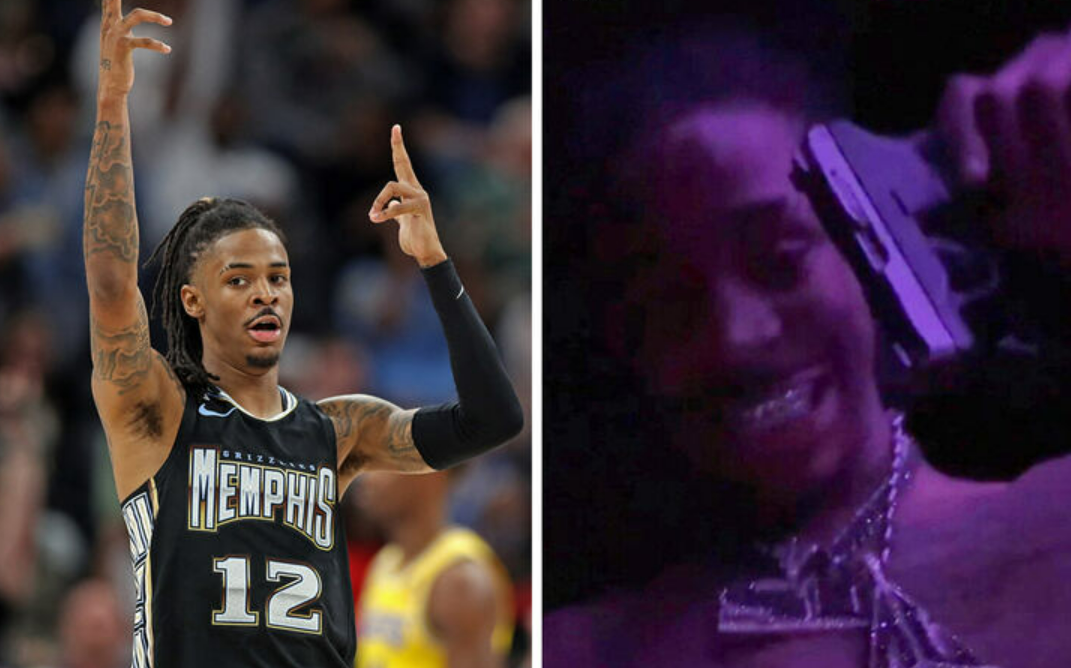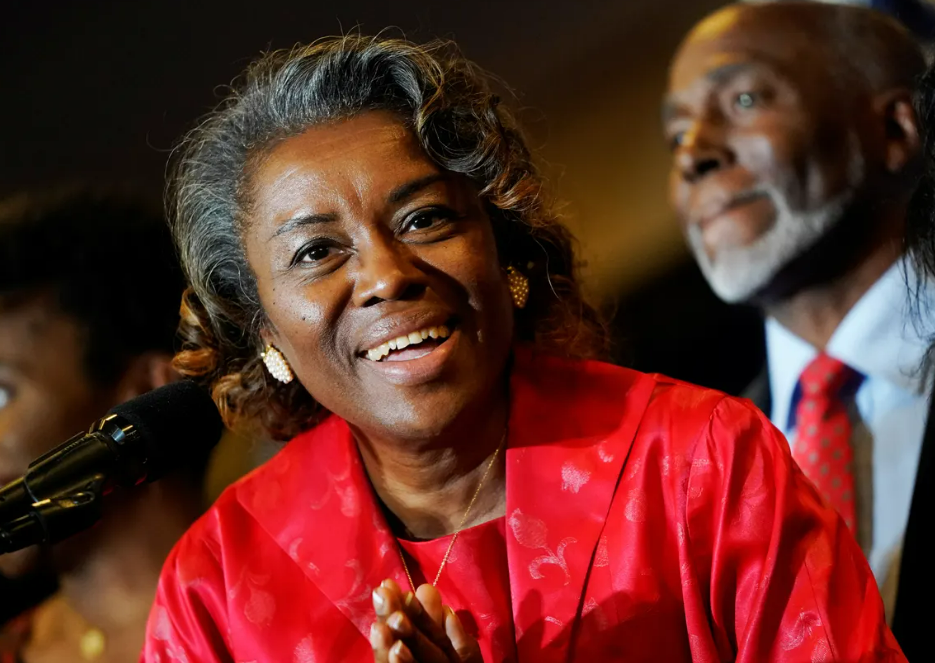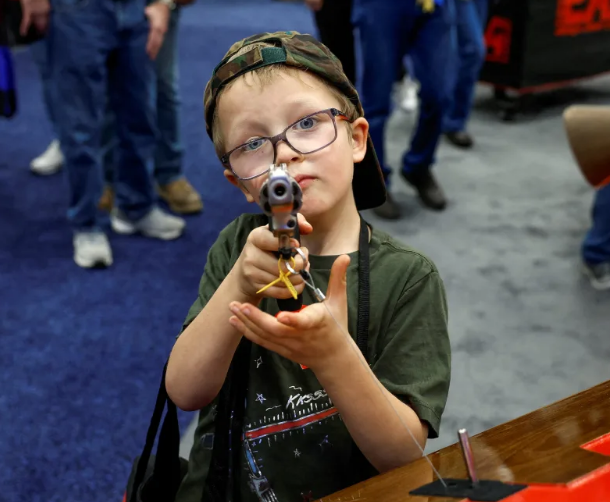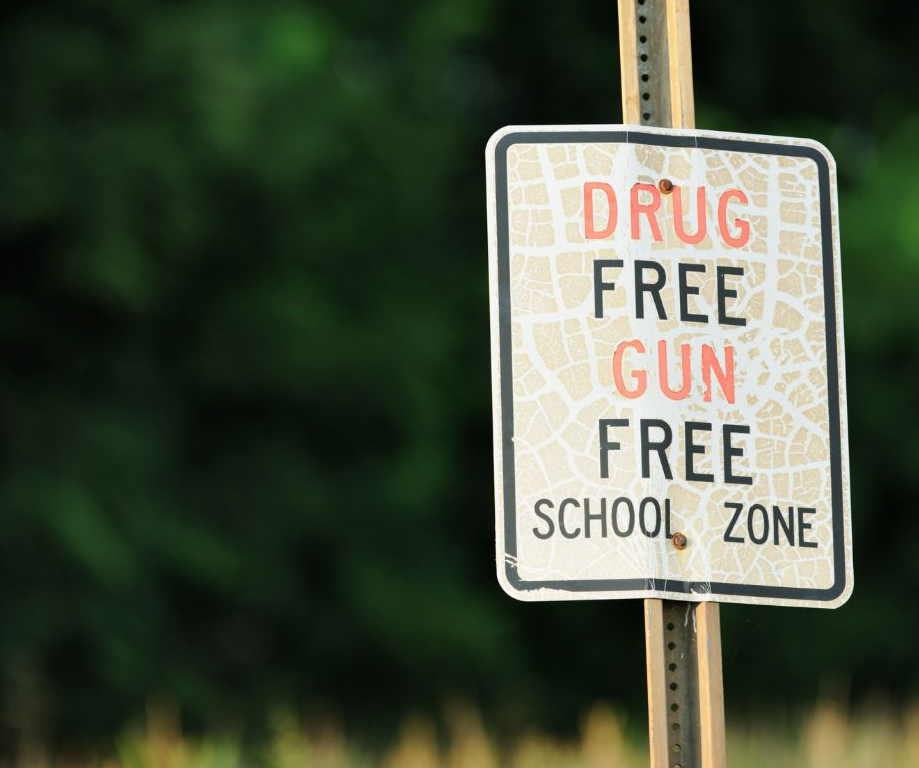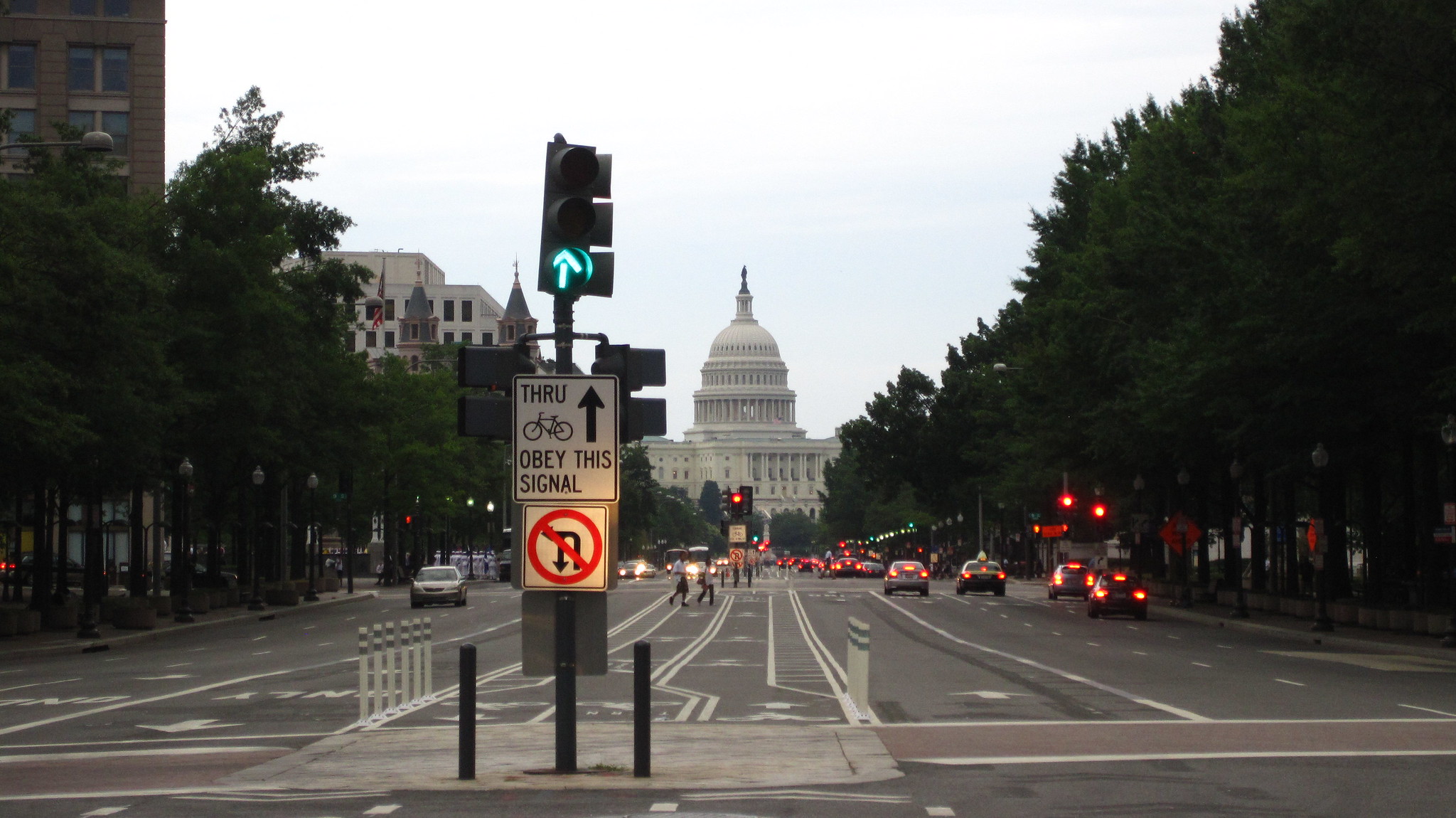
The good news: I’m in the process of getting certified to teach the District of Columbia’s concealed carry license class.
The bad news: While the teaching certification process has been more than tedious, it’s not half as frustrating as the process applicants must go through to obtain a CCL in D.C.
Believe it or not, Washington, D.C. is a “shall issue” district. However, even in a shall-issue state/district, there’s no promise that the CCL application process itself won’t be excruciating –and D.C. is the perfect example.
Title 24, Chapter 23, Section 2336.1 of the D.C. legal code says that before applying for a D.C. CCL, an applicant must complete a training course at least 16 hours in length – and that’s just the classroom portion!
Section 2336.2 goes on to require an applicant to also complete at least two hours of range training, including a pass/fail shooting qualification of 50 rounds from a maximum distance of 15 yards. They must then receive a score of 70% or higher in order to pass.
Once the arduous firearm training requirements are met, applicants must then be fingerprinted at the Metropolitan Police Department (MPD). They must also receive a firearms registration certificate and register the firearm they intend to carry – complete with make, model, and serial number. That certificate must then be carried in conjunction with the CCL at all times.
Once all required materials are together and complete, applicants must pay a $75 application fee. Once submitted, MPD has up to 180 days to issue or deny applicants’ CCL. If approved, the CCL is good for a two-year period.
Speaking strictly as an instructor, I find most of these requirements excessive for a civilian carry permit – particularly the 16 hours in the classroom. Moreover, it’s also a stipulation that all D.C. CCL classes be stand-alone; meaning it can’t be combined with another state’s CCL course (like Virginia or Maryland) as a way of offering a more convenient and economical deal to students.
As for the shooting requirement, I don’t dislike the idea of students having to shoot to prove competency, but I dislike the pass/fail aspect. I already know many students won’t pass the shooting [qual?] their first time, as many will never have fired a gun prior to the class. That’s going to be awkward and frustrating for an instructor to fail a student who just paid for 16 hours in the classroom.
Nonetheless, while these application requirements are unduly bureaucratic in my mind, D.C. does provide law-abiding citizens a path to legally obtain a concealed carry permit if they decide to exercise this important right. That’s more than most “may issue” states will do.
Check back soon for Part 2 of this series where I go over the long list of restricted/prohibited carry places in the District of Columbia.
